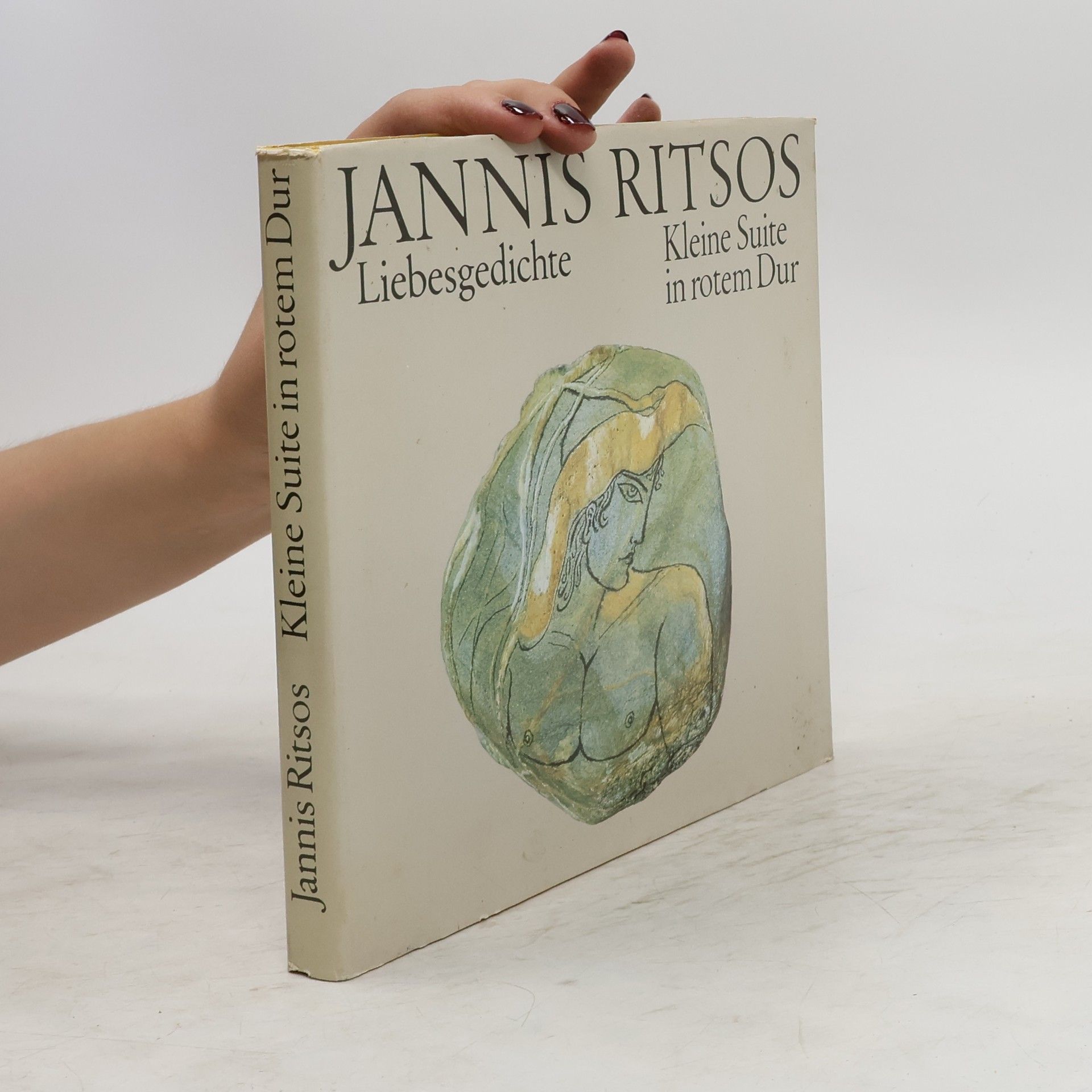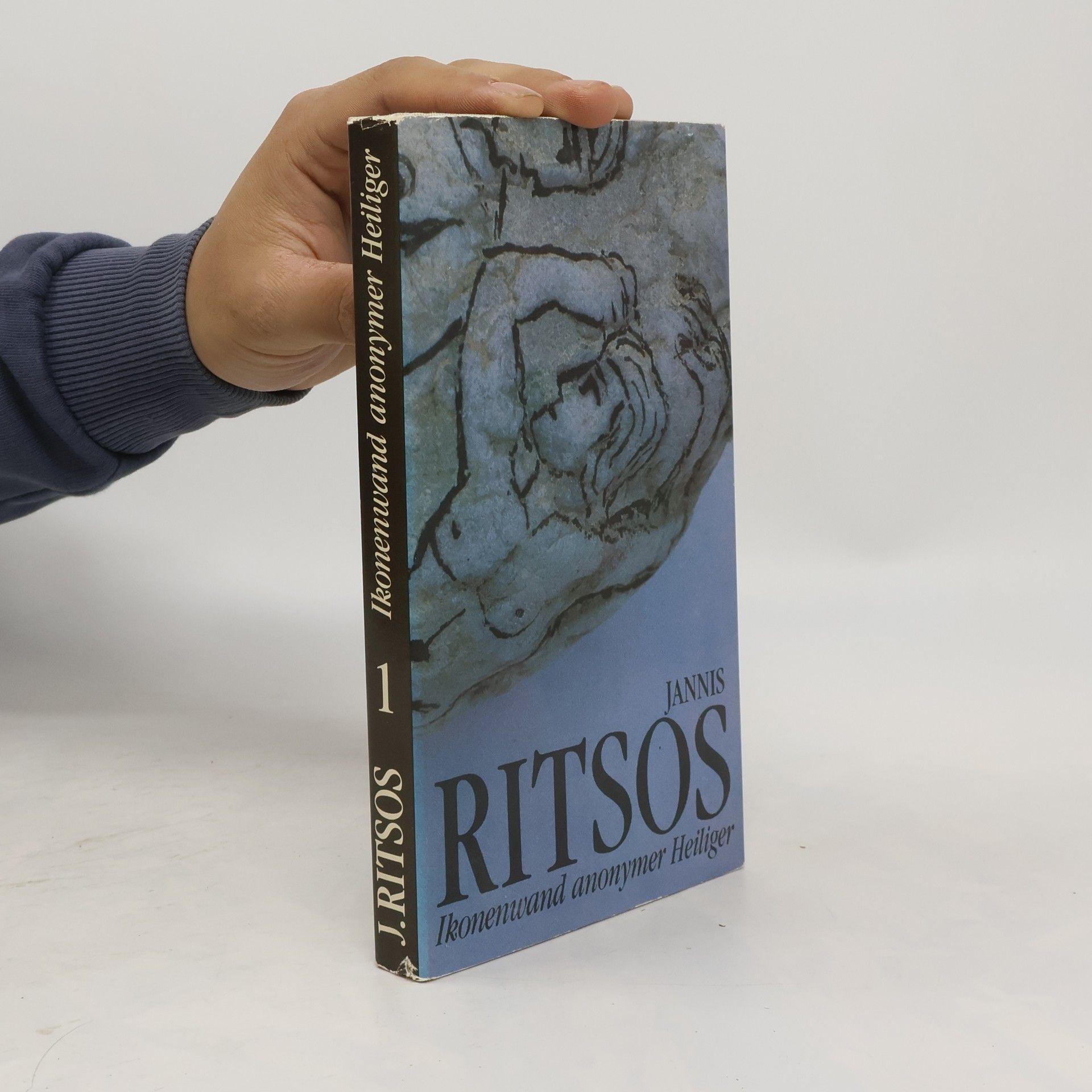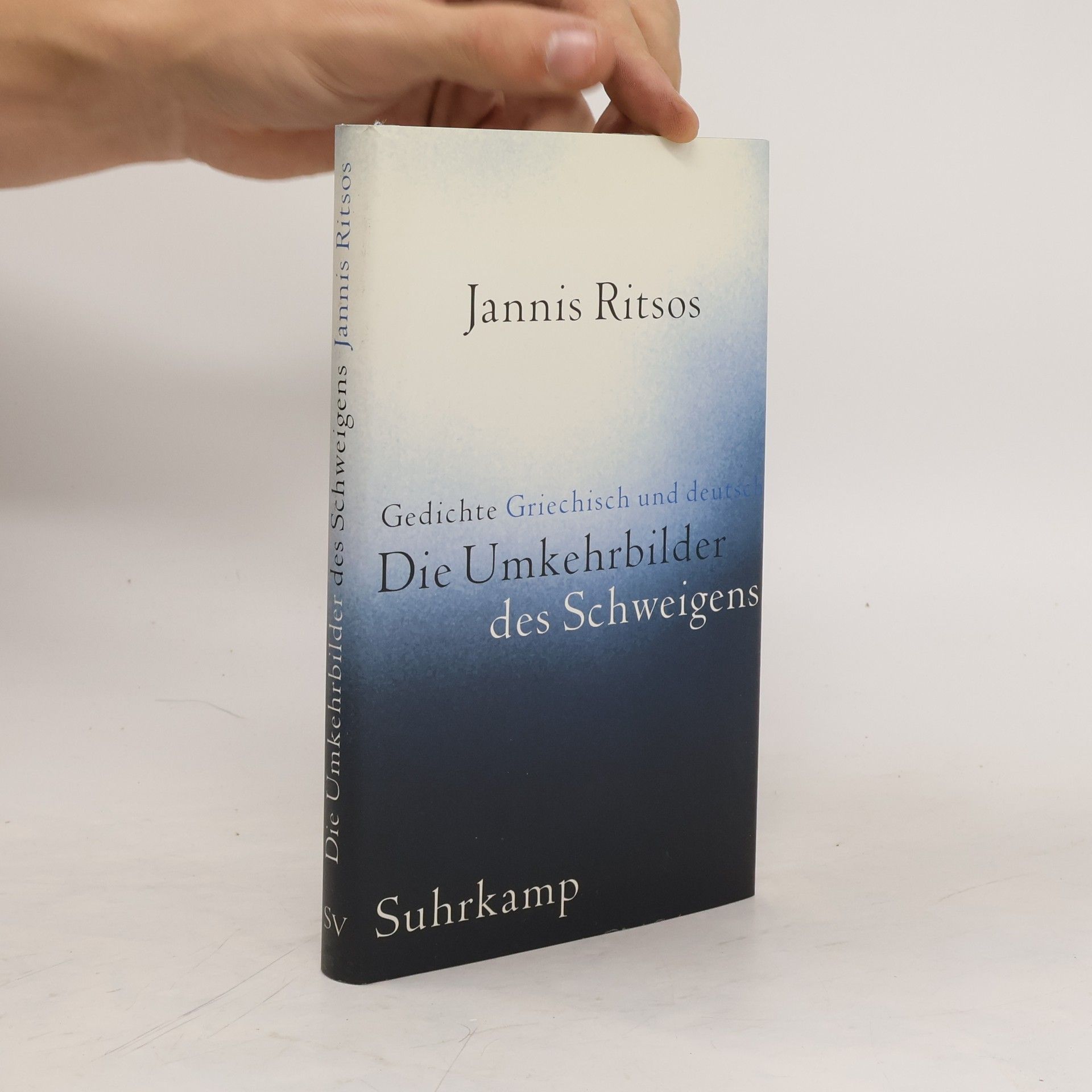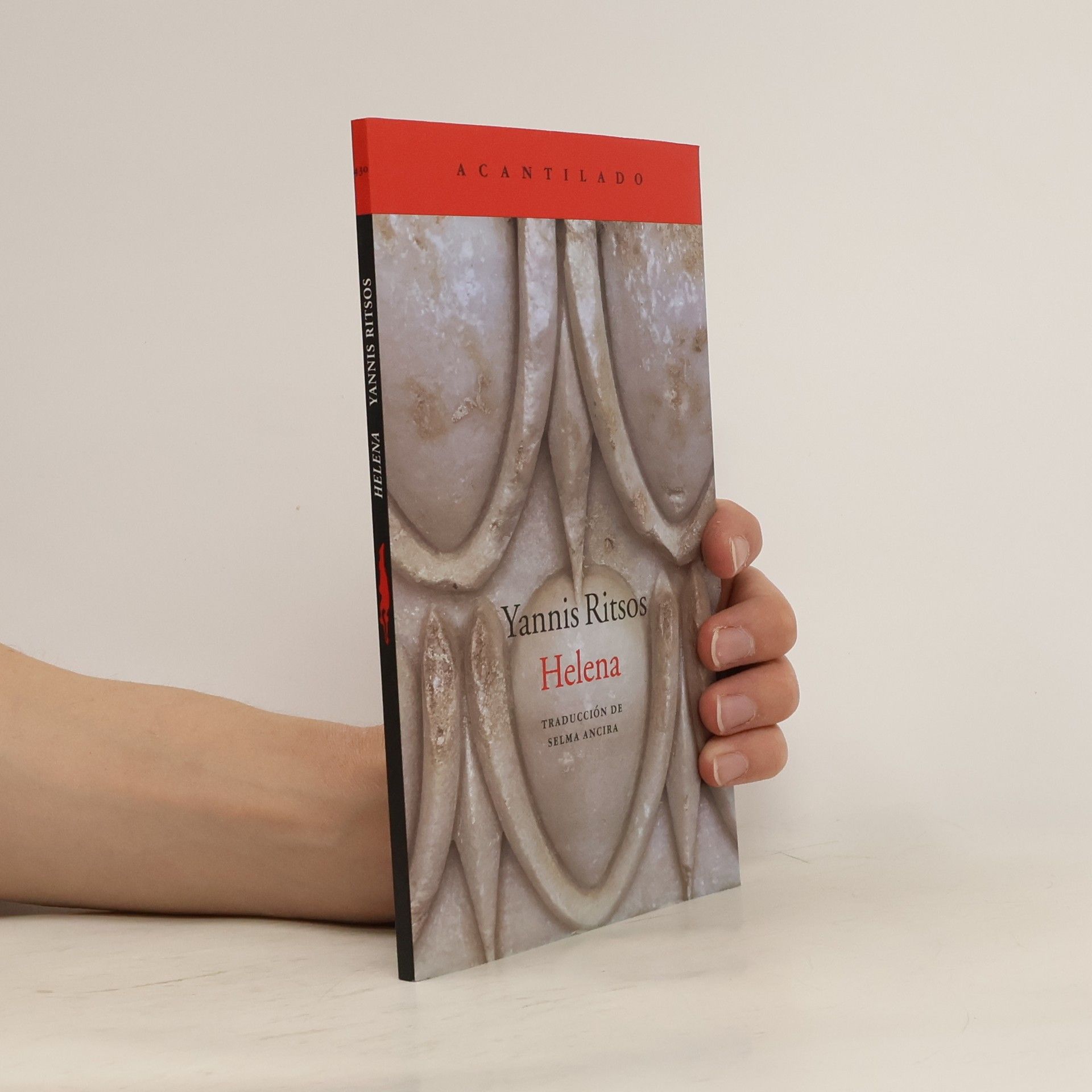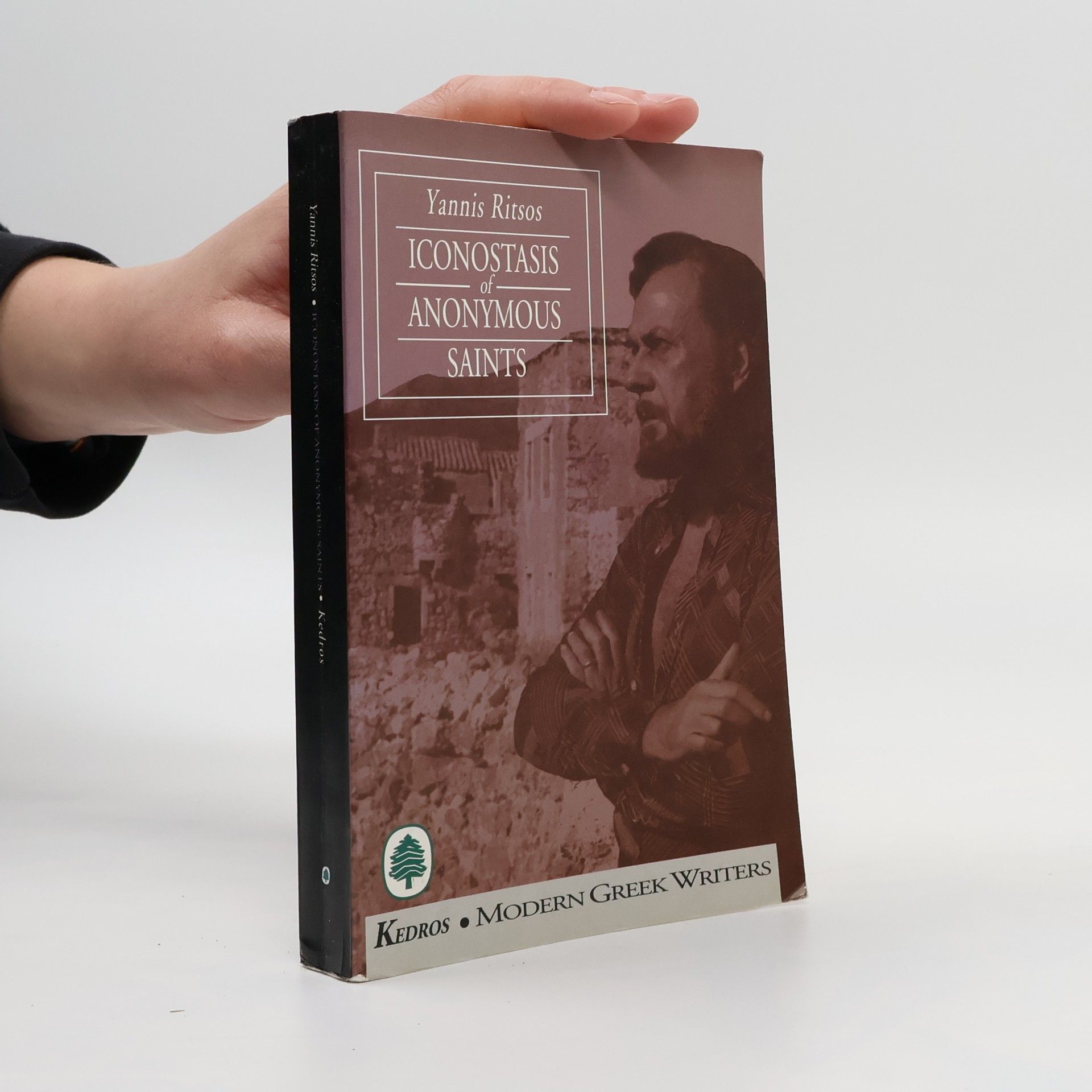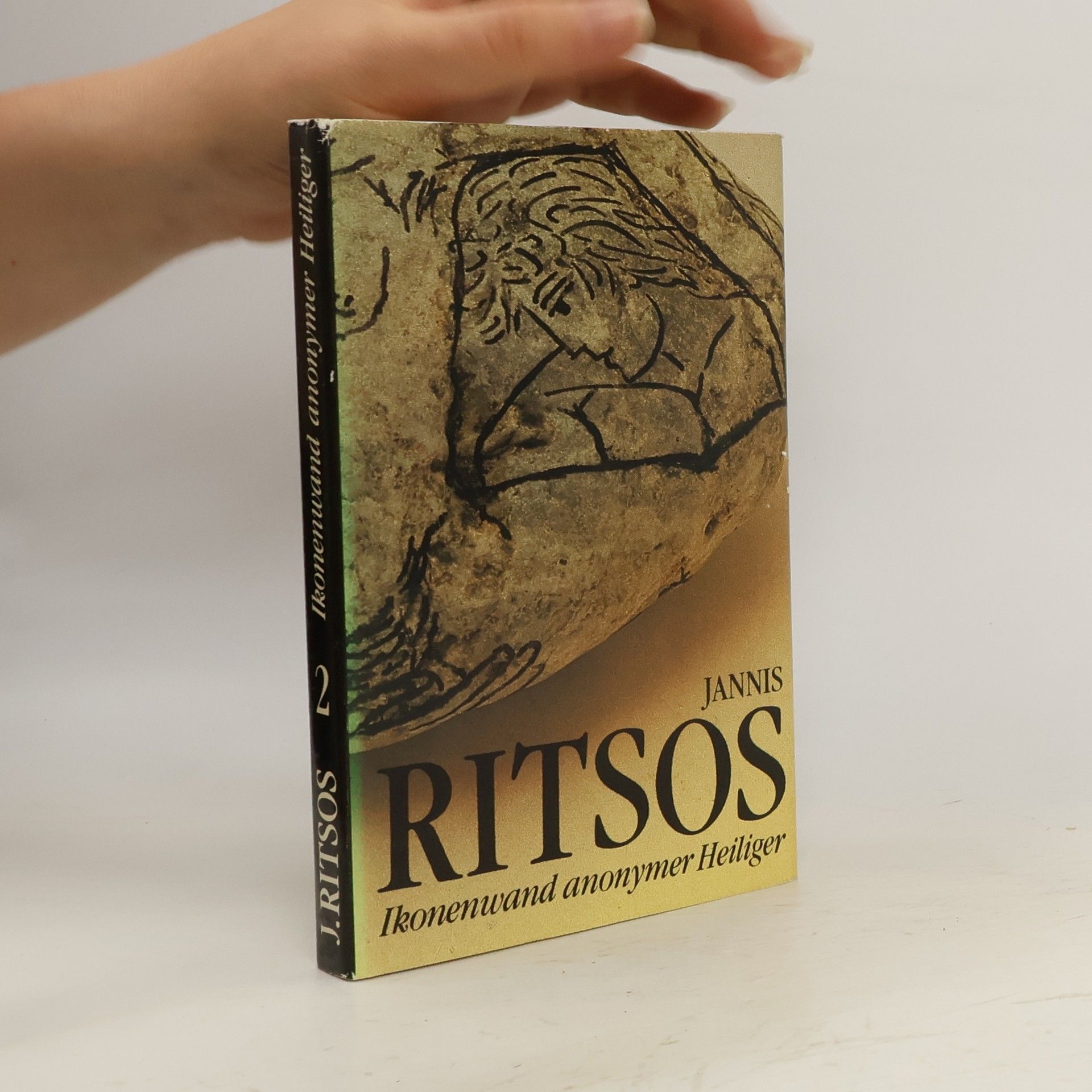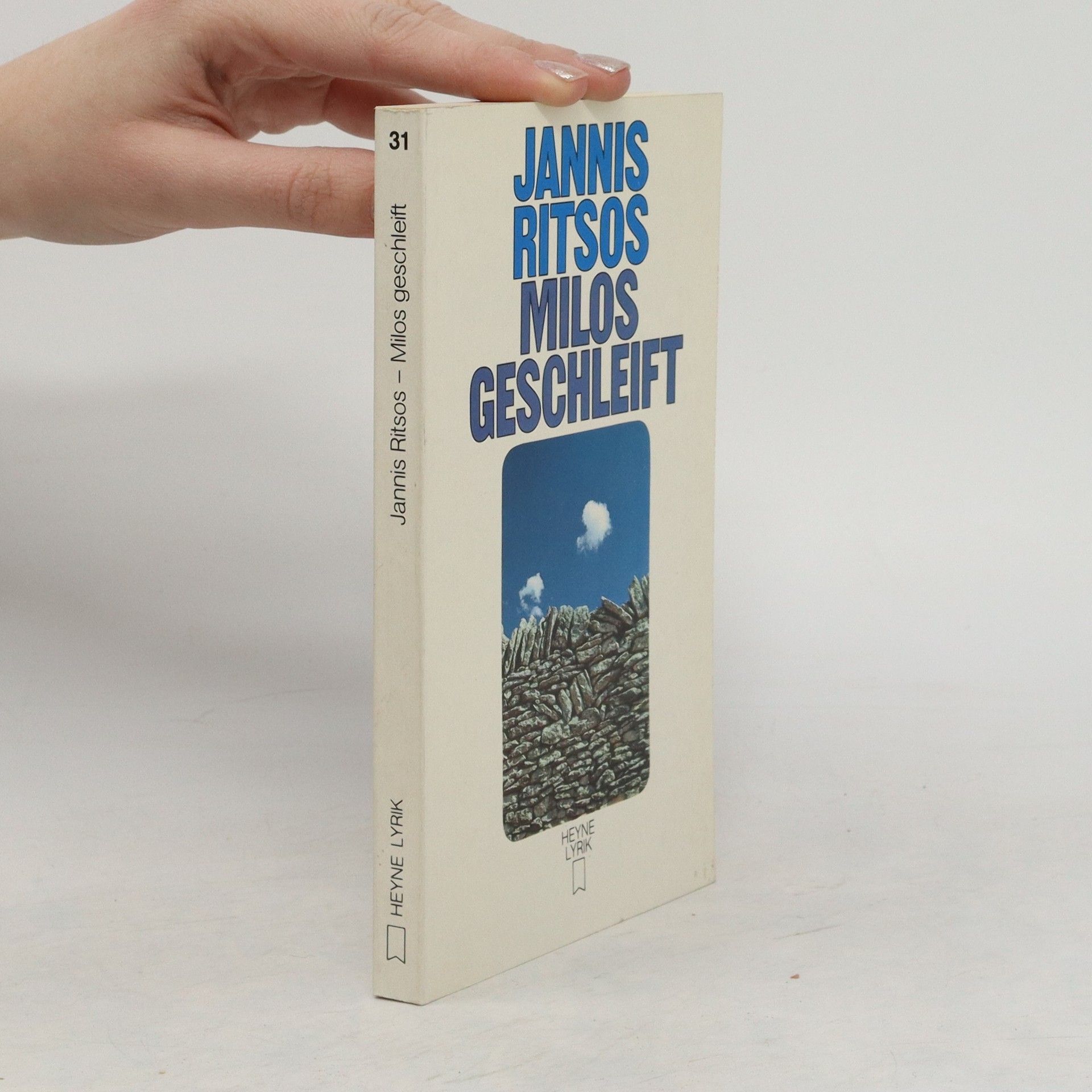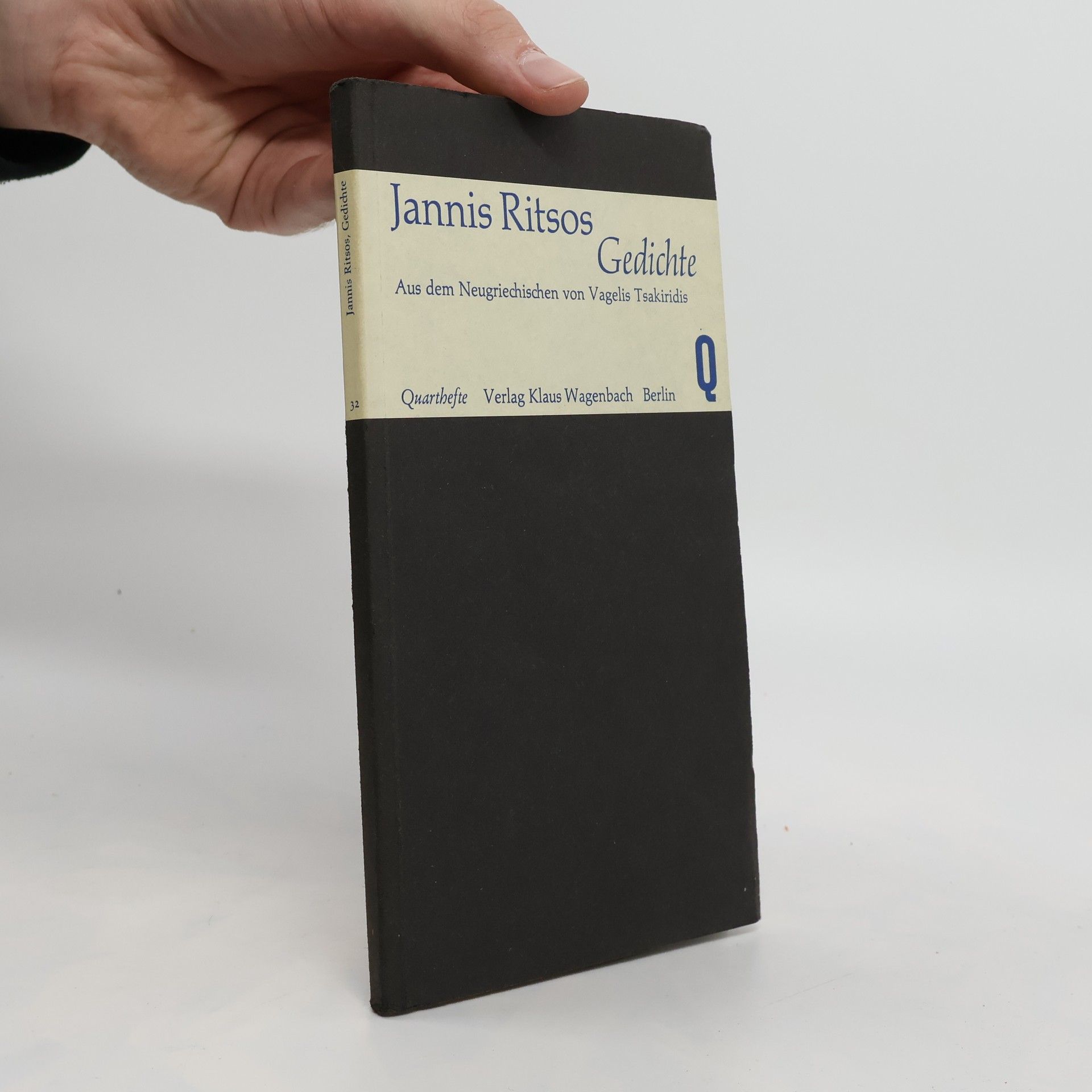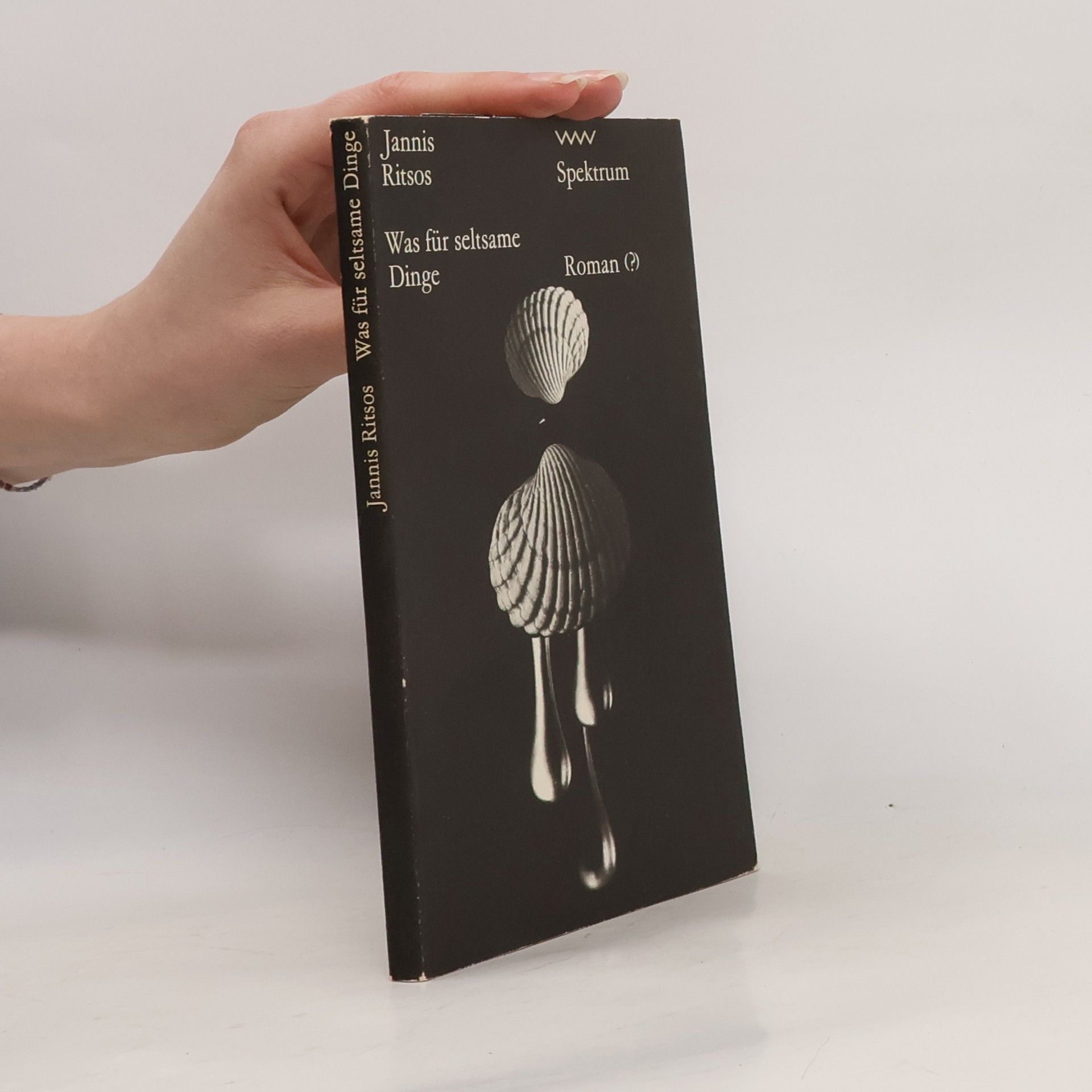Monochords
- 336 pages
- 12 hours of reading
Greek poet Yannis Ritsos' remarkable collection of 336 single-line poems, composed in 1979, with linocut responses by artist and filmmaker Chiara Ambrosio, created in 2020; each line and image an essential observation of a moment, a personal archive of time past, present and future.

